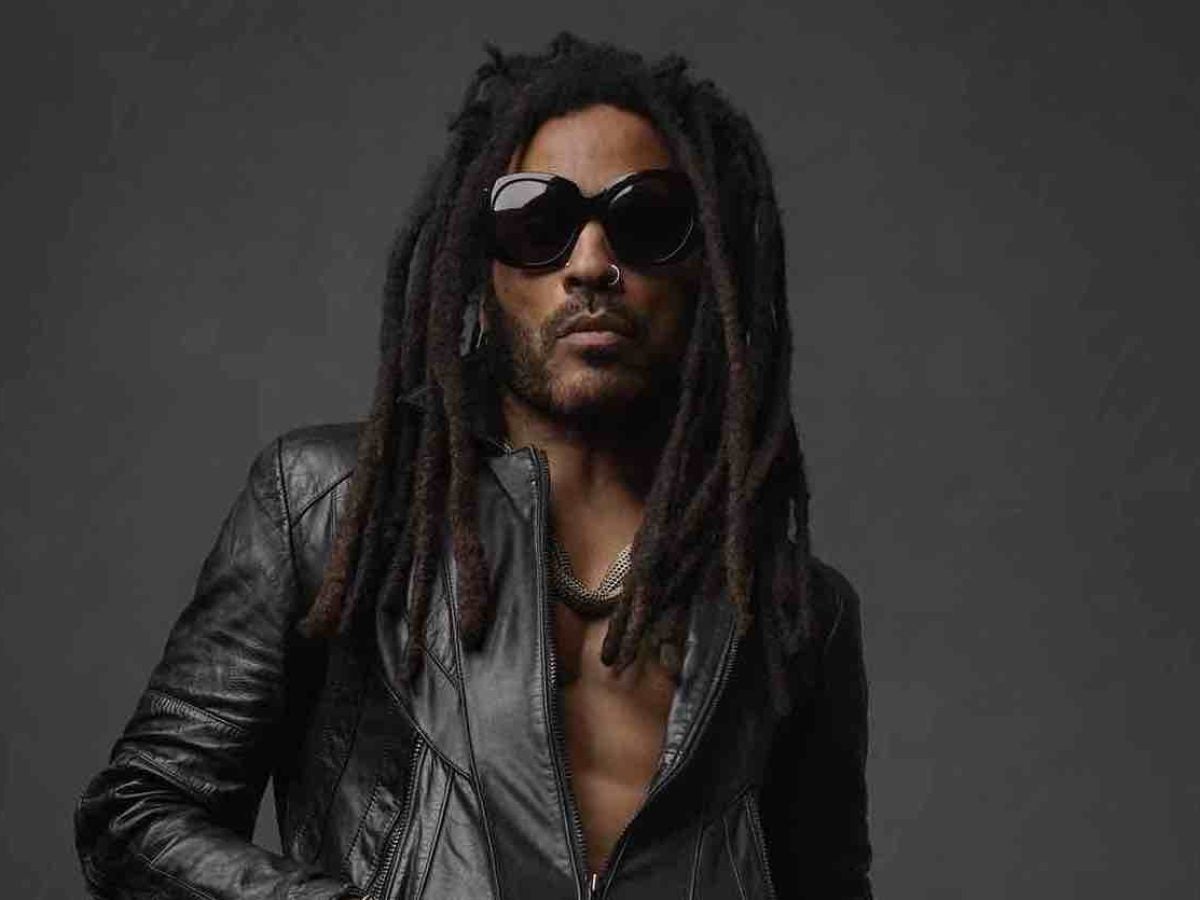
It’s natural to think that one of music’s most legendary artists, approaching his fourth decade in music, Lenny Kravitz has seen and done it all, got the t-shirt, and has earned enough stripes to tell the rest of the world how it goes. But at age 59, the rockstar still feels he has much more to learn.
“I’m still the student,” Kravitz tells ESSENCE just ahead of the release of his feel-good second single, “Human.”
“It’s important to remain the student. I watched my grandfather [Albert Roker], who was an amazing man. In his nineties, I was just watching him continually learn, continually hang out with different people, younger people, and always remain open,” he explained. “A lot of senior folk think they know everything. ‘This is the way it is,’ and think ‘I’m older, so I’m telling you how it’s done.’ He had the opposite attitude. So he was a good teacher to show me that it’s so important to remain a student for all of your days.”
Forever a student of life and his surroundings, Kravitz took the global COVID pandemic, a time that effectively sat the world down, as an opportunity to reflect on the energy that has sustained him through all of life’s storms, eventually channeling that into what became his 12th studio album, Blue Electric Light.
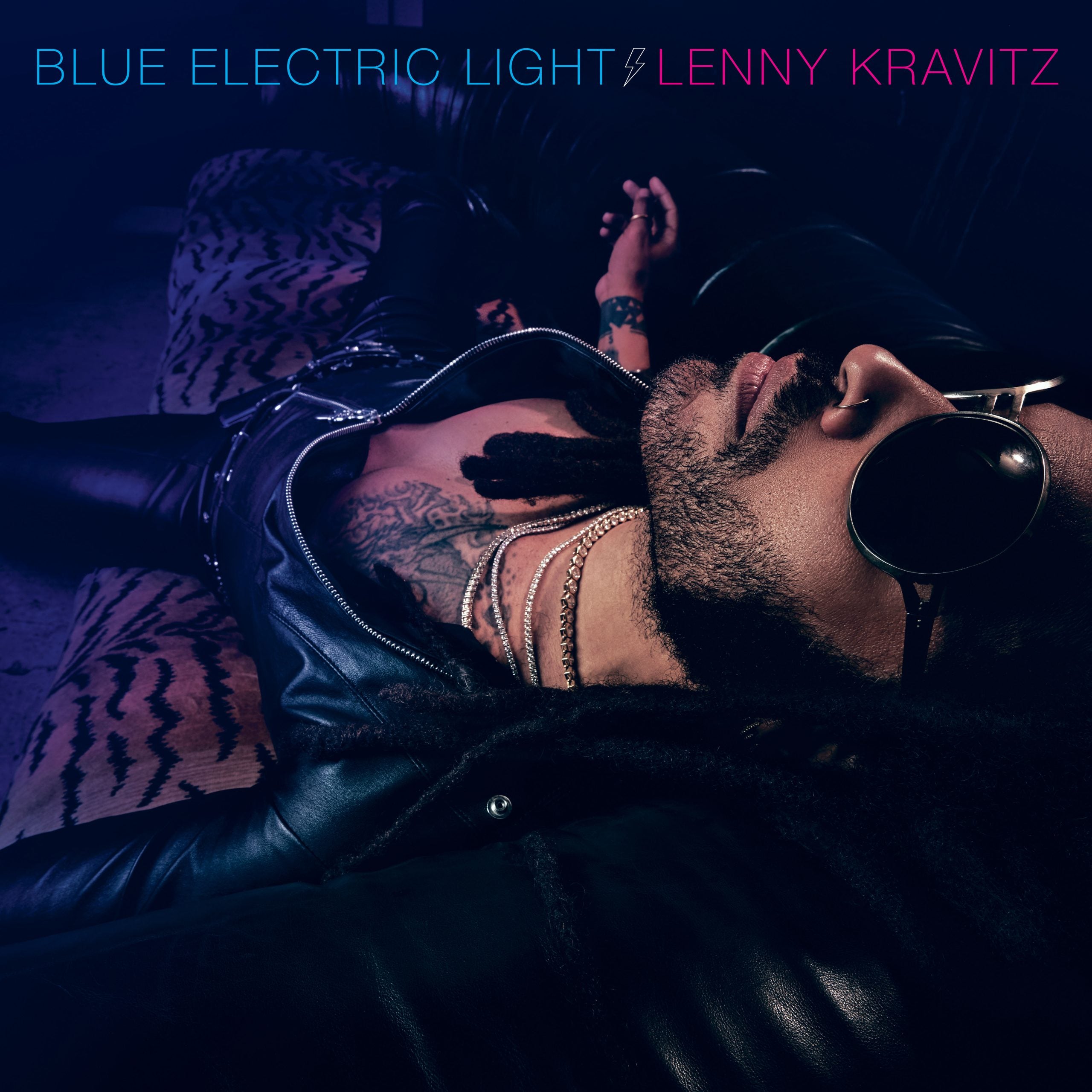
Amping up for a post-pandemic return to the limelight – his 2020 Here to Love Tour was cut short by worldwide quarantine protocols – Kravitz is feeling better than he ever has. Few artists, from any genre, are able to maintain a sense of current relevance across decades the way the rocker has. Constantly at the forefront of style, always on both the big and small screens, and with his music providing a constant soundtrack to the lives of Gen X, Millennial, and Gen Z rock fans, Kravitz has only grown more fervent in his zest for creation with each passing year.
“I’m inspired more than ever. I’m hungry more than ever. I still have such a thirst for this life, for making music and art. I really feel as though I’m just getting warm,” the rocker tells ESSENCE while gearing up for his upcoming world tour. “I feel like everything I’ve done for the last 35 years has been a wonderful education that I can now use to propel myself into the future.”
That propulsion found the songbird crafting his latest opus independently at his home in The Bahamas over the course of two and a half years, writing, recording, and handling instrumentation on his own with help from his longtime collaborator and guitarist Craig Ross. The release of Blue Electric Light, slated for May 24, and its subsequent worldwide tour, kicking off in late June, marks the end of the longest hiatus of Kravitz’ illustrious career.
“It’s just by virtue of life. It’s not like I went away or anything,” he says of his extended time away. “It’s my biggest break between two releases, but everything happens as it should and it all feels wonderful.”
And though he easily could, it isn’t as if Kravitz has been simply resting in the Bahamian breeze and casually creating music for six years. On top of pouring his electric energy into this latest work, he starred in the 2022 Amazon Original film Shotgun Wedding starring Jennifer Lopez, penned and performed “Road to Freedom” for the 2023 Netflix Original biopic Rustin starring Colman Domingo, and has been basking in his just due, from a star on the Hollywood Walk of Fame to a nomination to the Rock & Roll Hall of Fame.
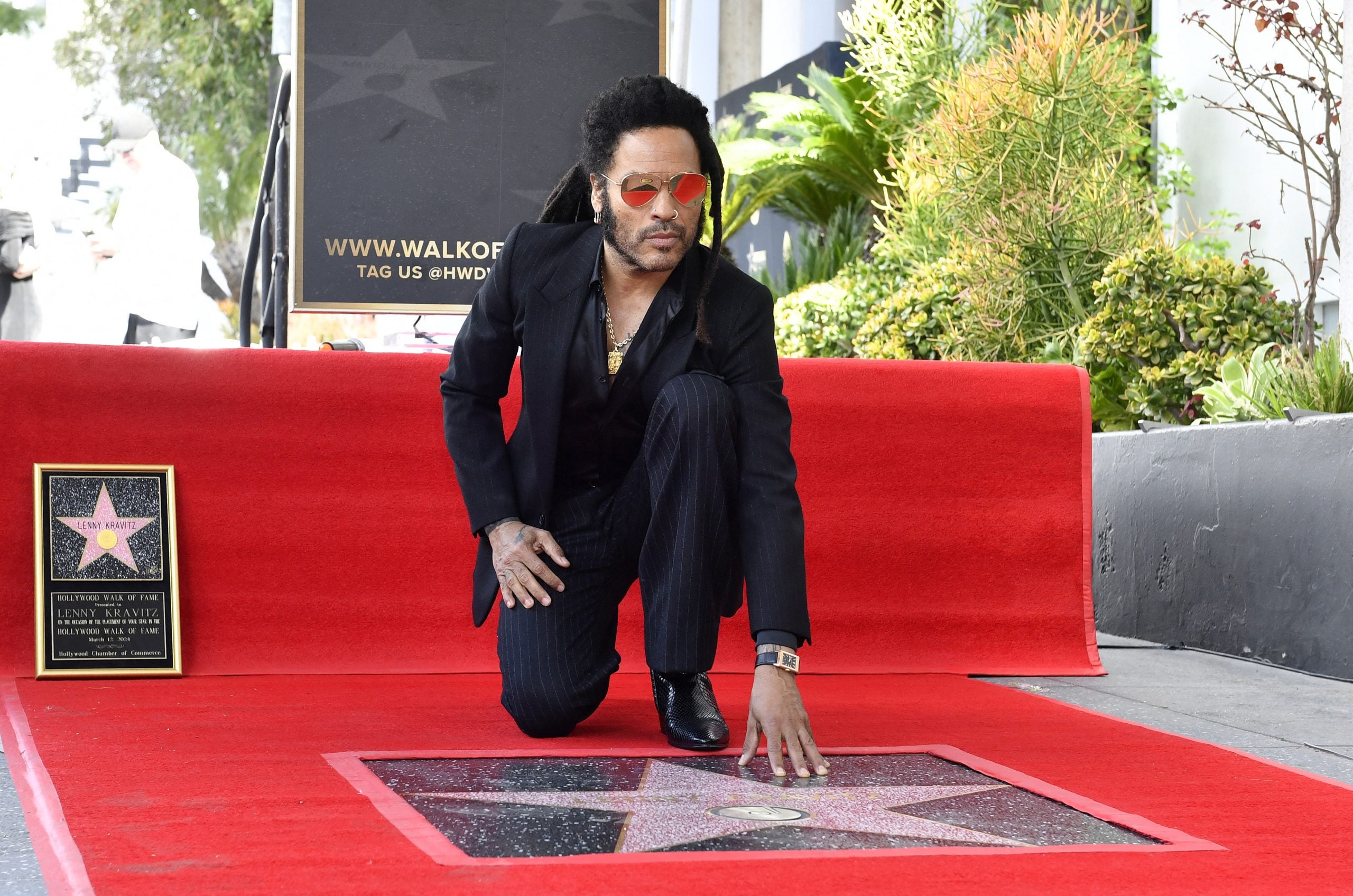
But while reveling in his well-earned recognition, Kravitz remains aware of the spaces he hasn’t been welcomed into just yet. In an often misconstrued statement that spread like wildfire from his November 2023 Esquire feature, the crooner mentioned not being “celebrated by the folks who run [Black] publications or organizations” despite being “that dream and example of what a Black artist can do.”
Though many on social media and in Black journalism circles initially thought he was disregarding the covers, coverage, and commendation he’s received from Black press over the years, Kravitz clarified that he was specifically referencing Black award shows that were somehow consistently overlooking his invite as a Black artist working within a Black genre.
“My comment was meant to express a concern about ensuring that Black artists are being recognized for their work in what is now being called ‘nontraditional’ Black music, which it is not,” he wrote in a post on Instagram Stories.
“I just wanted a seat at our table, because I love our table,” Kravitz tells ESSENCE. “I come from that. I grew up around these Black pioneers who were in my mother’s group of friends, and I’m deeply rooted in our Black culture.”
Bigger than personal invites to the BET Awards, the misstep, as Kravitz sees it, comes when our people look at genres like Rock & Roll and don’t recognize it as the Black genre of music that it always has been. As genres meld together in the age of organic audiences and notorioety sourced through independent uploads, and increased tinkering and musical experimentation from kids born in the 90’s, the singer sees hope for the future and more light publicly shined on a history that is often overlooked.
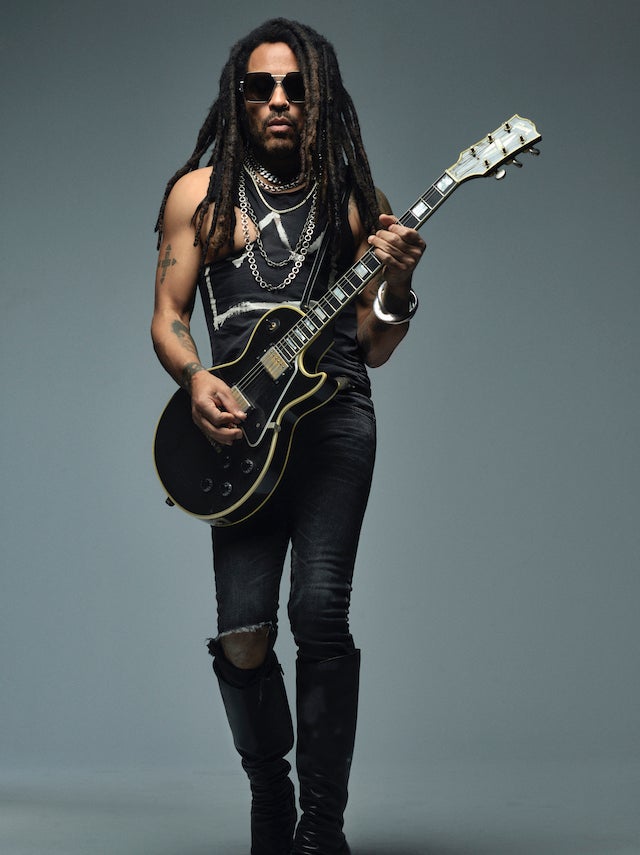
“The walls that used to be so hard to get over are just easier to scale now and get to the other side, and I love it,” he says. “I love that Rock & Roll is a part of the conversation and a part of this melding because we have to own the things that we invented and that we were the pioneers of.”
“There was a time when, for instance, I would get stopped by some young Black kids and they’d say, ‘Why do you make that white music?’ And then we’d have to sit down and have a whole conversation about Chuck Berry and Little Richard and Fats Domino and Bo Diddley and Sister Rosetta Tharpe and et cetera, et cetera, et cetera, and get them to understand where this came from and that it is Black music.”
“It’s all opening up,” he says of music today. “I love how we’re talking about Beyoncé right now doing that [for Country]. I mean, I remember my grandmother telling me about Country music back when I was a little boy and talking about where it came from. She told me, ‘These are all songs and things I heard us singing out in the fields’ and whatnot. We have to understand what we’ve done and hold onto it.”
“Music is for everybody. Music is colorless. It’s a feeling. But let’s know the history.”
With his own music, Kravitz is adding to Rock & Roll’s rich history with a message of love, light and positivity. His latest project, Blue Electric Light, is an effervescent expression of joy and radiation of good vibes – the message that lies at the cornerstone of Kravitz’ entire catalog.
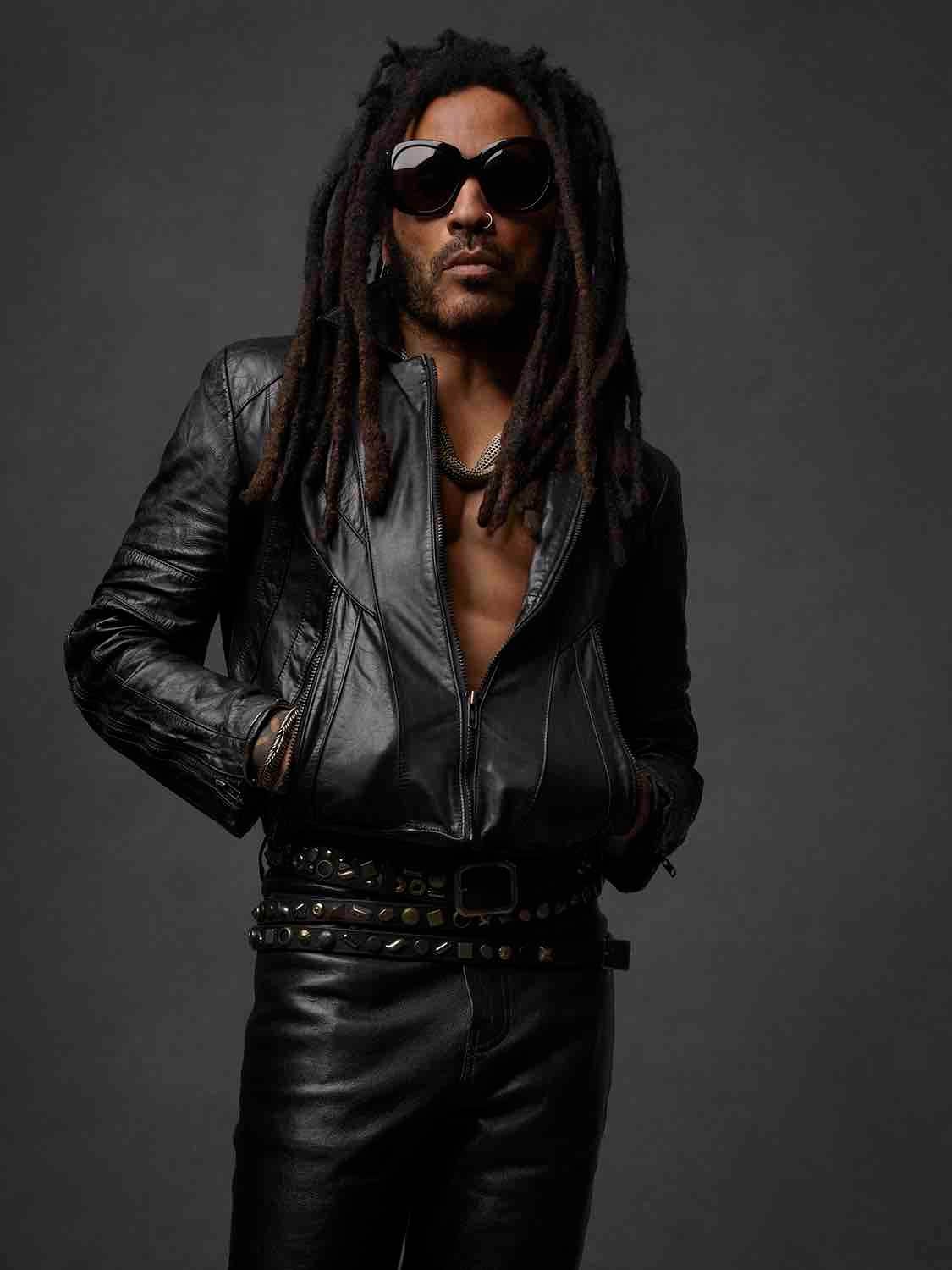
“That’s my thing from Let Love Rule to now,” Kravitz says of his album’s positive vibration. “I’m here to amplify love. I speak about it in many different forms, but it’s my thing. I believe in love. It’s the most powerful energy that there is and is the answer to everything if we would just listen.”
“This music is…I’m just an antenna. I’m transmitting what I’m receiving, so I’m not [even] doing it. It’s just coming through me, and I accept what comes through me.”
His second single, “Human,” is a prime example of that message. Located just at the album’s center, the track serves as a reminder to be one’s authentic self amid this impermanent life.
“As Spring opens up, it’s an anthem to just run out in the street and just start dancing. It just has that feeling'” Kravitz said. “That’s the statement of celebrating this human experience that we’re having as spiritual beings and being authentic to who God created us to be.”
While it’s certainly a wise word to live by, Kravitz also claims it as the secret to his longevity – physically, mentally, and musically.
“Remaining true to who I am, not following the trends, just being me and being authentic,” Kravitz says of his secret to consistent success. With his 60th birthday on the horizon, coinciding with the weekend of his new album’s drop, the rocker is ready for whatever comes next, and hasn’t lost a step.
“I feel great about this place that I am in,” he says. “As human beings, we have this thing about age and what you’re supposed to be doing at what age and when you’re supposed to be finished and all that. As for me, I’m here to tell you it doesn’t matter. You can be 30 years old and be destroyed and old, or you can be 80 years old and be young and vibrant. It depends on you. I feel like I’m just getting going.”
As he preps for fans to lay their ears on his latest offering and gears up to hit the road and have “communion with the people that give your music life,” Kravitz says he hopes that everyone who opens and ear to his work opens their hearts to whatever personal message they gain from it.
“Whatever it is they get [out of the music] – that’s not for me to say – but I hope they feel the spirit and the love and the positivity, the Blue Electric Light, as I say, to feel that feeling and to just have fun with it,” Kravitz says of his album’s message. “We’re living in such a challenging world. We have to create our own fun. And this album was extremely fun for me. I don’t usually use that word, but it’s important for us to have moments of fun and give ourselves that relief and that joy.”